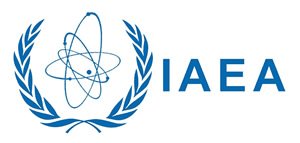RSS feed source: International Atomic Energy Association--Nuclear & Radiological Events
Radiactive Waste Facility Taken Over
Print View Posted on: 03 March 2025
Event Date: 02 March 2025 Event Type: Radiation Source Event Location: Mexico, Temascalapa, Mexico State, Mexico INES Rating: 2 (Provisional)
On March the 2nd,2025 at approximately 6:30 AM (UTC-6), personnel from the municipality of Temascalapa forcibly took over the
Low and Medium Level Radioactive Waste Storage Center (CADER), evicting the personnel from the National Institute of Nuclear
Research (ININ), who were working at the facility and subsequently placing seals of closure at the entrances.
The video surveillance and environmental radiation monitoring systems that CADER has were disabled and there is no way to
know the current status inside the Center.
Negotiations are being carried out between personnel from the government of the State of Mexico and the Municipality of
Temascalapa, without reaching agreements so far.
In addition to the radioactive material and depleted uranium that are being kept in the facility, work tools from a foreign company
were also retained inside it.
Currently, Federal Authorities are working to regain control of the facility.
The source term of the facility is estimated at approximately 1,041.55 TBq of Co-60 and its surface area is 16.2 HA
Click this link to continue reading the article on the source website.

